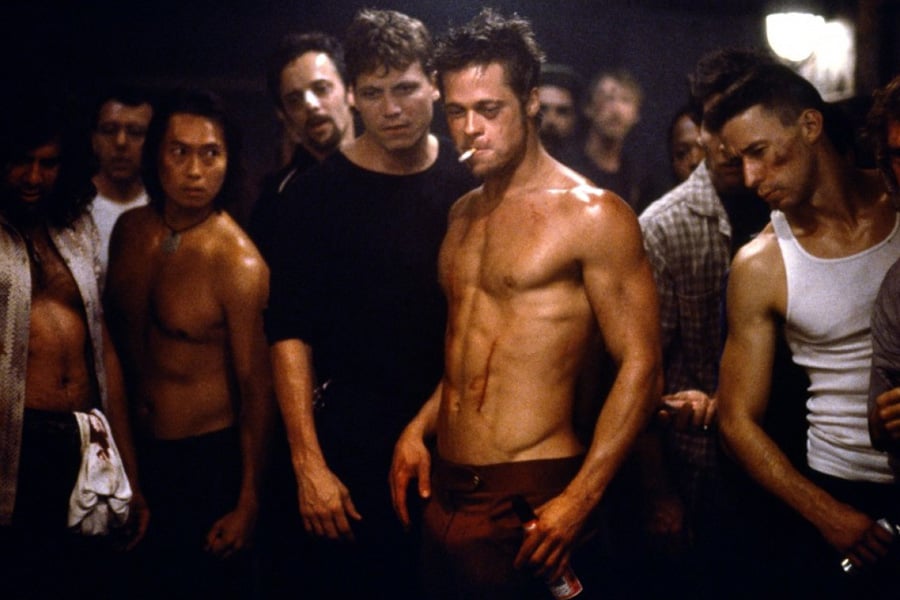It's only been a few hours since the celebrated unveiling of the brain trusts behind Zero Hedge, and regular followers of the edgy finance blog are probably already longing for the olden days.
The dust is still being kicked up over this morning's
Unmasking of the Men Behind Zero Hedge report, which immediately turned a once cryptically mysterious blogging effort into a public food fight among the trio at the company that had been anonymously writing under the pen name Tyler Durden.
“This probably won't diminish Zero Hedge's appeal, it might even make the site better,” said Josh Brown, an adviser and prolific blogger at Ritholtz Wealth Management.
“Zero Hedge is very successful by any measure, and it's very hard to keep secrets when you get that big,” Mr. Brown added. “In terms of them losing credibility as a result of this, half the followers thought it had no credibility, anyway, and the other half will probably just close ranks and continue being loyal.”
A big part of Zero Hedge's brand since its launch right after the financial crisis has been its peculiar embrace of the cult movie “Fight Club,” including using a picture of a shirtless Brad Pitt for its
Twitter account, which has 325,000 followers.
Embracing a popular quote from the movie, “The first rule of fight club, you don't talk about fight club,” the men behind Zero Hedge have guarded their anonymity, despite constant speculation about who is really behind the blog.
But with Colin Lokey parting ways and dishing about the company and his former colleagues, Daniel Ivandjiiski and Tim Backshall, the gloves have officially come off.
Even as a site that isn't afraid of a little sensationalism, Zero Hedge usually kept above the fray of commenting on and responding to reports about its internal operation. But that changed
this morning when the floodgates came open, unleashing a torrent of internal bickering and foul-mouthed personal conversations, including text conversations between the three former colleagues.
In the blink of an eye Zero Hedge went from renegade anonymity to too much information.
Michael Kitces, another prolific blogger, and director of research at Pinnacle Advisory Group, said he doesn't think the unmasking will have a material effect on the site.
“The readers are there for the content, not who produces it, which is why the site thrived despite the anonymity of the authors,” he said.
Time will tell. Part of the appeal might have been the anonymity and the edginess that comes with anonymity.
If nothing else, it seems like the Fight Club brand might need to be re-evaluated.







